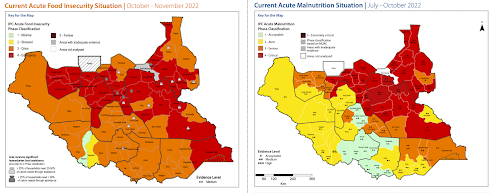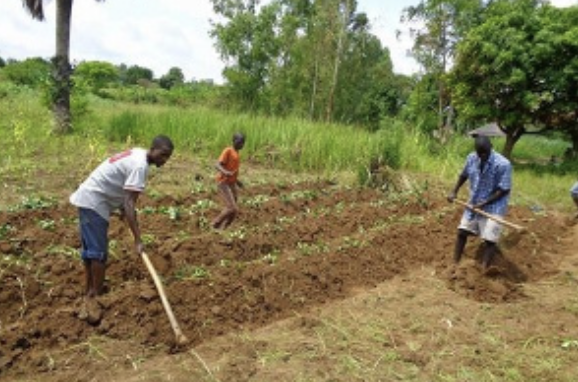How Sustainable is farming in Africa?
In my previous post, I spoke about different farmers having different opportunities and access, hence resulting in inequality. However, one issue that trumps all others and is becoming an increasing problem in our world today is one of sustainability. We are in a situation where all aspects of our life need to focus on sustainability and hence, I thought it would be an appropriate ending to the blog. Farming practices in Africa play a major role in the sustainability of the whole continent's food systems. However, traditional farming methods are sometimes not sustainable in the long term, as they rely on inefficient techniques that can lead to major issues like soil degradation, depletion of natural resources, and reduced crop yields (Serebrennikov et al., 2020) . To address this issue, it is important to evaluate the current state of African farming practices and identify opportunities for improvement. A major challenge that sustainable farming in Africa face is...


